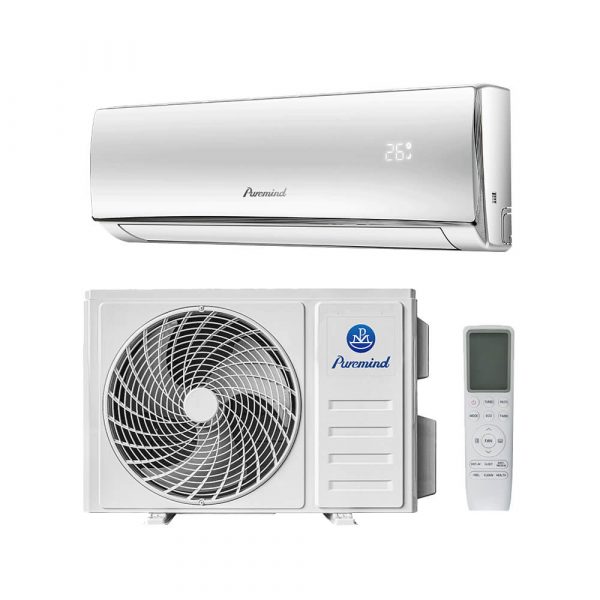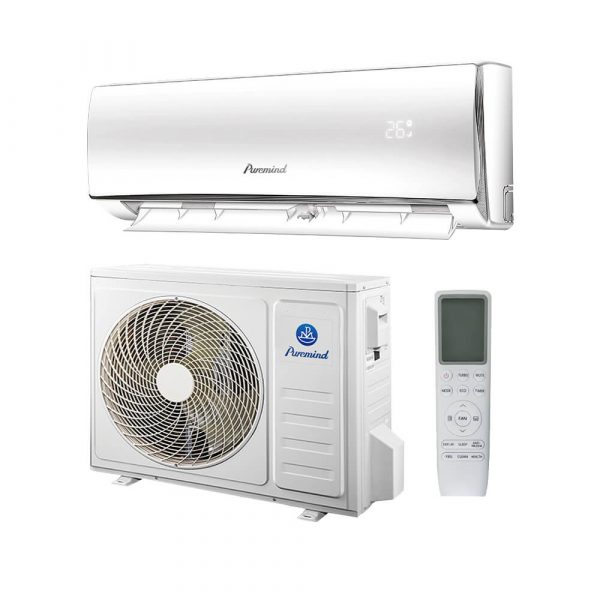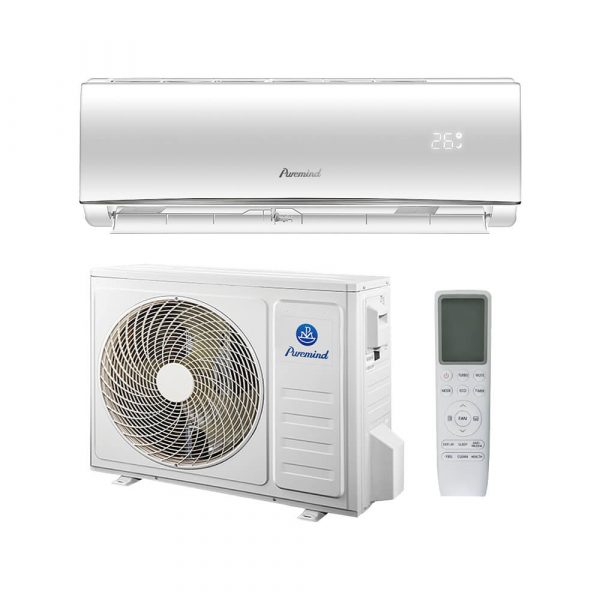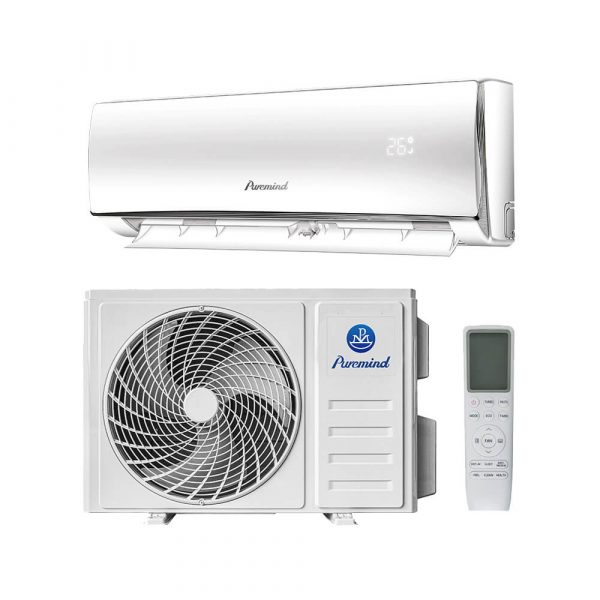Mini Split Air Conditioner Troubleshooting Guide
When issues arise with mini split air conditioner troubleshooting, both end-users and distributors face challenges. For wholesalers, suppliers, and distributors, offering clear troubleshooting guidance builds trust and enhances customer satisfaction. This article provides a comprehensive troubleshooting framework to identify common problems, solutions, and preventive measures for mini split systems.
Why Troubleshooting Knowledge Is Essential
Proper mini split air conditioner troubleshooting helps reduce service calls, minimize product returns, and improve efficiency. Wholesalers and distributors who provide reliable troubleshooting information can position themselves as valuable partners for contractors and resellers.
Common Mini Split Air Conditioner Problems
Here are the most frequent issues customers report with mini split systems:
- No Cooling or Heating: System runs but fails to maintain desired temperature.
- Water Leaks: Indoor unit dripping water onto walls or floors.
- Unusual Noises: Grinding, buzzing, or rattling sounds.
- Foul Odors: Mold or mildew smell from the indoor unit.
- Remote Control Malfunctions: Unit not responding to settings.
- Error Codes: Display showing diagnostic messages.
Troubleshooting Step by Step
1. System Not Cooling or Heating
Check the following:
- Ensure correct mini split air conditioner sizing for the room.
- Inspect air filters for dust and clogs.
- Check refrigerant levels — low charge may indicate a leak.
- Verify thermostat settings and remote control batteries.
2. Water Leaks from Indoor Unit
Possible causes include:
- Clogged condensate drain line.
- Improper installation angle of the indoor unit.
- Frozen coils due to poor airflow.
Solution: Clean the drain line and ensure the indoor unit is level.
3. Strange Noises
Noise often points to loose parts, dirty fan blades, or refrigerant issues. Distributors should advise clients to schedule maintenance and avoid ignoring unusual sounds.
4. Foul Odors
Odors typically stem from mold in the evaporator coils or dirty filters. Recommend regular cleaning schedules and proper indoor humidity management.
5. Remote Control Issues
Check for battery replacement, signal interference, or sensor blockages. In many cases, replacing the remote or re-pairing solves the issue.
6. Error Codes
Modern mini split systems display error codes. Encourage end-users to refer to the system manual or distributor’s online knowledge base for code interpretation. Providing an FAQ section on distributor websites adds significant value.
Preventive Maintenance Tips
Wholesalers and distributors should educate customers on preventive care to reduce troubleshooting incidents:
- Replace or clean filters every 1–2 months.
- Keep outdoor units free of leaves, dust, and debris.
- Schedule professional servicing twice a year.
- Check refrigerant charge regularly to prevent compressor damage.
Tools and Resources for Distributors
Providing support tools enhances customer loyalty:
- Troubleshooting Manuals — digital guides for quick diagnosis.
- Video Tutorials — step-by-step maintenance demonstrations.
- Product Catalogs — internal links to available models such as split air conditioners.
- Industry Standards — references like AHRI certification for performance benchmarks.
Mini Split Troubleshooting for Commercial Applications
In commercial settings, issues can escalate due to system size and complexity. Distributors must support contractors with advanced diagnostics, multiple-zone troubleshooting, and replacement part logistics. Offering dedicated technical hotlines enhances your reputation as a trusted partner.
Benefits for Wholesalers and Distributors
Sharing expertise in mini split air conditioner troubleshooting offers multiple advantages:
- Builds trust and credibility with B2B customers.
- Reduces product returns through better education.
- Encourages long-term client relationships.
- Improves sales of replacement parts and upgraded systems.
Conclusion
Effective mini split air conditioner troubleshooting empowers wholesalers, suppliers, and distributors to better serve clients, improve sales, and enhance brand value. By combining preventive education, detailed guides, and professional standards such as AHRI certification, businesses strengthen their position in the competitive HVAC marketplace. For long-term success, focus on proactive solutions, consistent maintenance guidance, and reliable product support.







